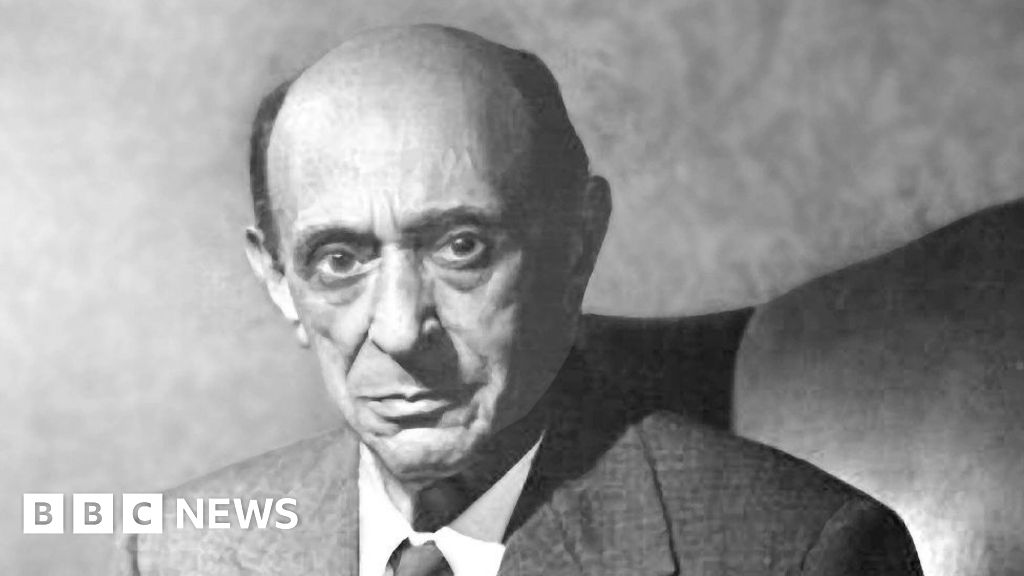A Guide on How Russian Oligarchs Dodge Sanctions — Global Issues
LONDON, Jun 22 (IPS) – The author is Executive Director of Financial Transparency CoalitionThe sanctions against Russian oligarchs who hold billions of dollars have mostly failed to have a real impact beyond freezing a few yachts and properties. So, what went wrong? Now we know.
The “Rotenberg Files”, a mass leak of over 42,000 emails and documents, has showed how Russian oligarchs Boris and Arkady Rotenberg hid their assets and those of Vladimir Putin, using trusts and private equity investment funds, taking advantage of the lack of public beneficial ownership registries.
Since the Russian invasion of Ukraine in 2014 and especially since 2022, sanctions on Russian oligarchs and legal entities linked to the Russian invasion of Ukraine include 12,900 designations against Russia. Some estimates say that Russian oligarch offshore wealth is over US$1 trillion, but sanctions so far have only frozen US$58 billion, due to difficulty in establishing ownership.
Sanctions vary but have been mainly implemented by G7 countries and the European Union. Their effectiveness depends on setting up beneficial ownership registries that cover all possible legal vehicles, and the obligation to cross-check beneficial owners against sanctions regimes by a wide variety of professional enablers for due diligence purposes.
This has largely not happened. Despite progress in establishing centralised beneficial ownership registries, a commitment made by nearly 100 countries, very few of them are open to public access and are ridden with loopholes. In reality, global South countries are now leading the way in establishing effective BO registries after the European Court of Justice ended public access to EU-wide BO registries in November 2022.
This has allowed trusts to become the legal vehicle of choice by Russian oligarchs to hide their wealth. They are also very hard to detect as the presence of a trust deed can be kept at a lawyer’s office if there is no requirement to register the trust in a beneficial ownership registry. Many BO registries do require declaring trusts, but there are loopholes that allow for setting up trusts in jurisdictions that do not require registration of trusts or have loopholes regarding thresholds or exemptions. Only 65 countries require some form of registration of trusts.
Eight of the 18 BVI companies mentioned in the Rotenberg leaks were ultimately dissolved, and two relocated to Cyprus. This implies that Cyprus has become a key location to use trusts and other instruments to conceal ownership. As a European Union member, Cyprus was obliged to create a central register of beneficial ownership in line with the EU’s fifth Anti-Money Laundering Directive. Trusts based in Cyprus do come under this requirement, but the Rotenbergs used a loophole in the BO laws to conceal ultimate ownership that goes around the existing EU 5th Anti-Money Laundering Directive.
They effectively created a complex ownership structure around different entities in order to be below the trigger points for reporting beneficial ownership (in most cases 25 percent of control), yet still retaining control through power through potential voting coalitions in the complex structure that were concealed elsewhere. The structure used by the Rotenbergs involved a US entity that is owned by entities elsewhere, including Italy, the UK, Luxembourg, Cyprus, Bahamas (four entities), the British Virgin Islands and Cayman Islands,
Along with trusts, private equity firms have been revealed as another preferred vehicle to dodge sanctions. Investment vehicles called “closed mutual funds,” in Russian abbreviated as “ZPIFs,” held these assets. They are not considered legal entities under Russian law, and thus are not under obligations to reveal their shareholders to the authorities. The leaked files show that 13 ZPIFs were linked to the Rotenbergs.
To evade questions about the true nature of the beneficial owners, the leaked files show that “there is a practice where the General Director of the Management Company is recognized as the ultimate beneficiary”. The ZPIF’s invested in Russian companies, Monaco real estate, and other assets where beneficial ownership checks do not take place. Companies where they owned minority stakes could do business relatively normally.
Private equity and mutual funds are a global concern. According to a recent report, “Private Investments, Public Harm”, there are nearly 13,000 investment advisers in an $11 trillion industry with little or no anti-money laundering due diligence responsibilities in the USA, with the real possibility that sanctioned oligarchs use such vehicles to conceal their ownership. The US Enablers Act seeks to remove the exemption from due diligence checks from investment managers but the bill did not pass last December.
Art is another way to conceal ownership, as art dealers are not under any reporting requirements for money laundering purposes. A July 2020 report by a U.S. Senate subcommittee detailed an elaborate scheme in which the Rotenberg brothers spent more than US$18 million on art purchases in the months after they were sanctioned by the U.S. in March 2014. They acquired several artworks, including a US$7.5 million René Magritte, through a web of offshore companies based in Cyprus and the British Virgin Islands.
The tools to hide wealth used by Russian oligarchs to evade sanctions are exactly the same than the ones used by those behind natural resource crimes such as illegal, unregulated and unreported fishing, or indeed wealthy billionaires abusing laws to pay less than what they should in taxes. One cannot create a regime to just catch Russian billionaires. An overhaul of ownership transparency, from companies and trusts to art, vessels, aircraft and among other asset classes, including private equity and hedge funds, is required. Otherwise Russian oligarchs and kleptocrats around the world will continue dodging controls, keeping their shady money safely hidden.
IPS UN Bureau
Follow @IPSNewsUNBureau
Follow IPS News UN Bureau on Instagram
© Inter Press Service (2023) — All Rights ReservedOriginal source: Inter Press Service
Check out our Latest News and Follow us at Facebook
Original Source


